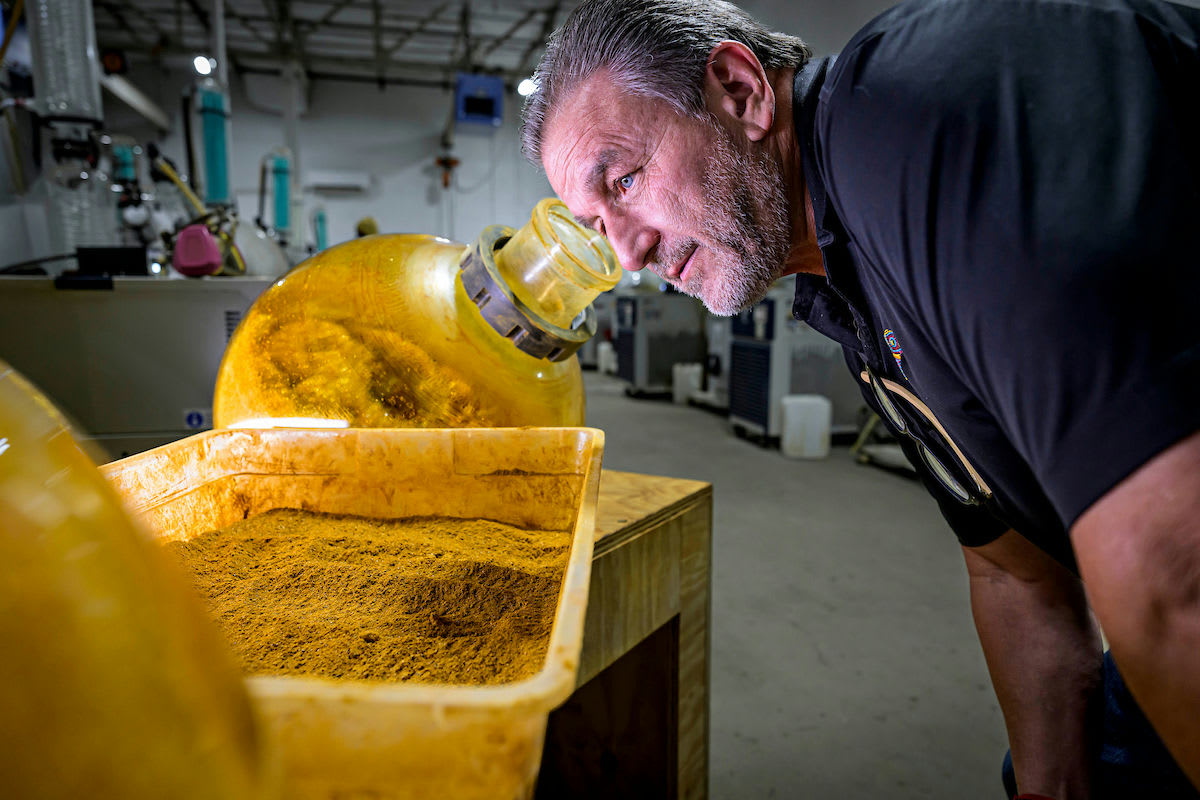DEA responds to explosive "60 Minutes"/Washington Post report about opioid crisis
WASHINGTON -- Lawmakers and the Drug Enforcement Administration are facing tough questions following an explosive joint investigation by "60 Minutes" and The Washington Post that says Congress helped disarm the DEA.
Drug overdose deaths in the United States have more than doubled over the past decade. The CDC says 188,000 people have died from opioid overdoses from 1999 to 2015.
Joe Rannazzisi used to run the DEA's diversion control. He told "60 Minutes" correspondent Bill Whitaker that the opioid crisis was aided in part by Congress, lobbyists and the drug distribution industry.
The DEA says it has taken actions against far fewer opioid distributors under a new law. A Justice Department memo shows 65 doctors, pharmacies and drug companies received suspension orders in 2011. Only six of them have gotten them this year.
The DEA has issued no suspension orders against a distributor for nearly two years. It says in a statement it will continue to "use all the tools at our disposal to combat this epidemic."
"During the past seven years, we have removed approximately 900 registrations annually, preventing reckless doctors and rogue businesses from making an already troubling problem worse," the DEA said in a written statement. "Increasingly, our investigators initiated more than 10,000 cases and averaged more than 2,000 arrests per year."
CBS News' Paula Reid reports the Justice Department, which oversees the DEA, does not dispute any of the "60 Minutes" reporting. It says the drug crisis is a top priority for the Trump administration.
"One of the president's and the attorney general's highest priorities is ending the devastating and unacceptable drug crisis in America that saw 64,000 deaths in 2016, many of them caused by opioids," Ian D. Prior, principal deputy director of public affairs at the Justice Department, said in a written statement. "From street dealers to corrupt doctors to the distributors that allow diversion of deadly pills, this administration is absolutely committed to reversing this disturbing and heartbreaking trend and will use every tool available to do so."
But as the "60 Minutes" report detailed, the DEA's efforts may have been undermined by the so-called "revolving door" culture in Washington.
At least 46 investigators, attorneys and supervisors from the DEA, including 32 directly from the division that regulates the drug industry, have been hired by the pharmaceutical industry since the scrutiny on distributors began.
Among them is Linden Barber, former associate chief council at the DEA. He's now a senior vice president at Cardinal Health, one of the nation's top drug distributors.
Mike Gill, chief of staff for the former acting DEA administrator, was hired by one of the country's largest healthcare law firms.
And most recently, Jason Hadges, a senior DEA attorney overseeing enforcement, joined the pharmaceutical division of a high-powered D.C. law firm.
CBS News reached out to former acting DEA administrator Chuck Rosenberg, who oversaw the agency from May 2015 until earlier this month when he stepped down. He said he has not seen the "60 Minutes" story and does not intend to do so.



